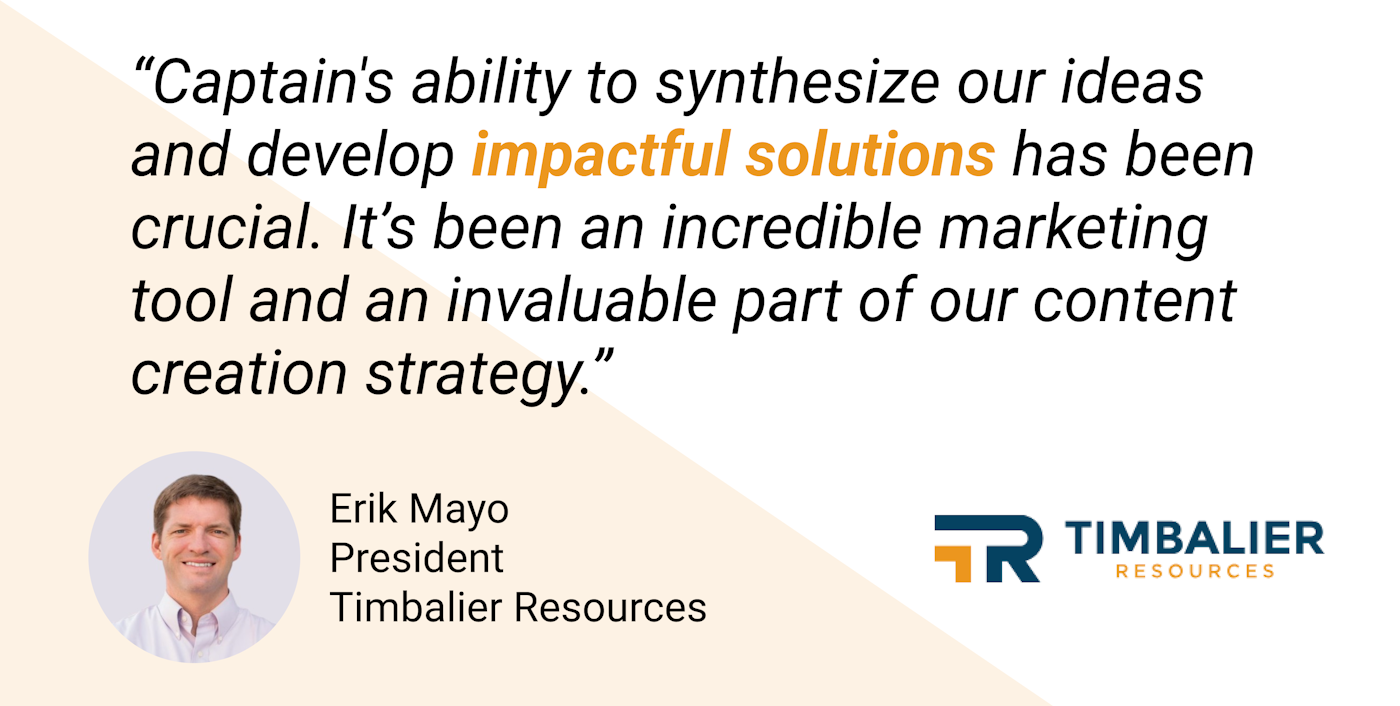Navigating Regulatory Challenges in Fintech Marketing
In the dynamic realm of financial technology, where innovation thrives and competition is fierce, the importance of marketing cannot be overstated. For fintech startup founders and executives, the landscape is fraught with opportunities to disrupt traditional banking and finance models. However, with great innovation comes great responsibility, especially when navigating the complex web of regulatory challenges. This article is meticulously crafted for you—the visionaries and game-changers in the fintech space. Our aim is to arm you with strategies to stay ahead in your marketing endeavors while remaining compliant with the stringent regulations that govern the financial industry. We understand that compliance is not just a legal requirement but a strategic advantage that, when executed effectively, can enhance your market share and revenue.
The Compliance Imperative in Fintech Marketing
As fintechs carve out their niche within the financial ecosystem, they are increasingly catching the eye of regulators. With the financial stakes high and consumer protection paramount, regulatory scrutiny will likely intensify. This is not a passing trend but a reality that calls for a heightened focus on compliance technology. By investing in systems that automate and scale compliance oversight, fintechs can mitigate the burden on compliance teams and maintain their innovative edge.
A clear indicator of the sector's maturity is where fintechs choose to allocate their compliance budget. The bulk is directed toward employee costs (41%) and compliance technology (35%), reflecting the industry's recognition of the importance of human expertise and technological solutions in maintaining regulatory compliance. This balance ensures that as fintechs increase their profitability and participation in the financial system, they are well-prepared to meet the strict standards set by regulators.
Understanding the Marketing Compliance Gap
Despite the awareness of regulatory demands, a significant compliance gap exists in the fintech sector. It's concerning that 65% of fintechs lack compliance monitoring on at least one marketing channel. This oversight can expose companies to regulatory penalties, brand damage, and the erosion of customer trust. In an industry where reputation is currency, such lapses in compliance are not just risky—they are unsustainable.
Resource Allocation: Balancing Compliance and Innovation
Resource allocation is an acute challenge for fintech startups. Often operating with lean teams and limited funds, startups must make strategic decisions about where to direct their investments. Compliance can seem like a daunting expense, but it is non-negotiable. The resource constraints fintechs face mean that every dollar spent on compliance can feel like one less for marketing and innovation. However, a failure to comply can result in fines and sanctions that far exceed the cost of proactive compliance measures.
Strategic resource allocation for compliance and growth:
- Prioritize key compliance areas based on regulatory focus and business objectives
- Allocate budget for compliance technology that enhances efficiency and scalability
- Assess resource needs realistically, balancing in-house expertise with outsourced solutions
Leveraging Technology for Efficient Compliance
In the age of digital transformation, technology is the ally of compliance. The advent of Regulatory Technology (RegTech) and advancements in artificial intelligence, big data, and analytics have provided fintechs with the tools to enhance compliance at a reduced cost. By leveraging technology, firms can develop applications that not only comply with regulations but also provide strategic insights and a competitive edge.
The integration of RegTech solutions offers a stark contrast to traditional compliance methods. Where manual processes are cumbersome and error-prone, RegTech is swift and precise. Where human oversight is limited, technology offers continuous monitoring and real-time analysis. The comparison is compelling, underscoring the necessity for fintechs to embrace technological solutions in their compliance strategies.
Building a Customer-Centric Compliance Strategy
In the fintech sector, customer-centricity is more than a buzzword—it's a foundational principle. By providing clear and concise information about products and services, fintech companies demonstrate a commitment to transparency that resonates with both customers and regulators. This customer-centric approach is a cornerstone of regulatory compliance, ensuring that marketing messages are not only compelling but also compliant. Through open and honest communication, fintechs can build trust while meeting their regulatory obligations.
Cultivating a Culture of Compliance
The most forward-thinking fintechs understand that a culture of compliance cannot be an afterthought. Embedding this culture from the company's inception is a strategic move that pays dividends in the long run. Developing such a culture helps to build trust with regulators, investors, and customers, and can shield the company from costly fines and legal challenges. A culture of compliance is an investment in the company's reputation and operational excellence.
Conclusion
In the ever-evolving world of fintech, staying compliant is as crucial as staying innovative. The strategies outlined in this article are designed to empower fintech leaders to navigate regulatory complexities with confidence. By investing in compliance and embedding it into the very fabric of your company, you position your fintech not just for survival but for sustained success. Remember, compliance should never be seen as a hindrance to creativity; instead, it is the framework within which the most successful fintech marketing strategies are crafted.
Checklist for Compliance in Fintech Marketing
Ensuring compliance in your fintech marketing efforts need not be an insurmountable task. By following this checklist, you can stay on the right side of regulations while pushing the boundaries of innovation:
- Conduct regular compliance training for your marketing and compliance teams to keep them informed about the latest regulatory changes and best practices.
- Implement cross-channel monitoring to ensure consistent compliance across all marketing platforms.
- Stay abreast of regulatory changes by actively participating in fintech forums, subscribing to regulatory updates, and engaging with legal experts.
- Engage with compliance experts to navigate complex regulations and integrate their insights into your marketing strategies.
By adhering to this checklist, fintech startups can ensure that their marketing efforts are not only effective but also fully compliant with the regulatory standards that govern the industry.




